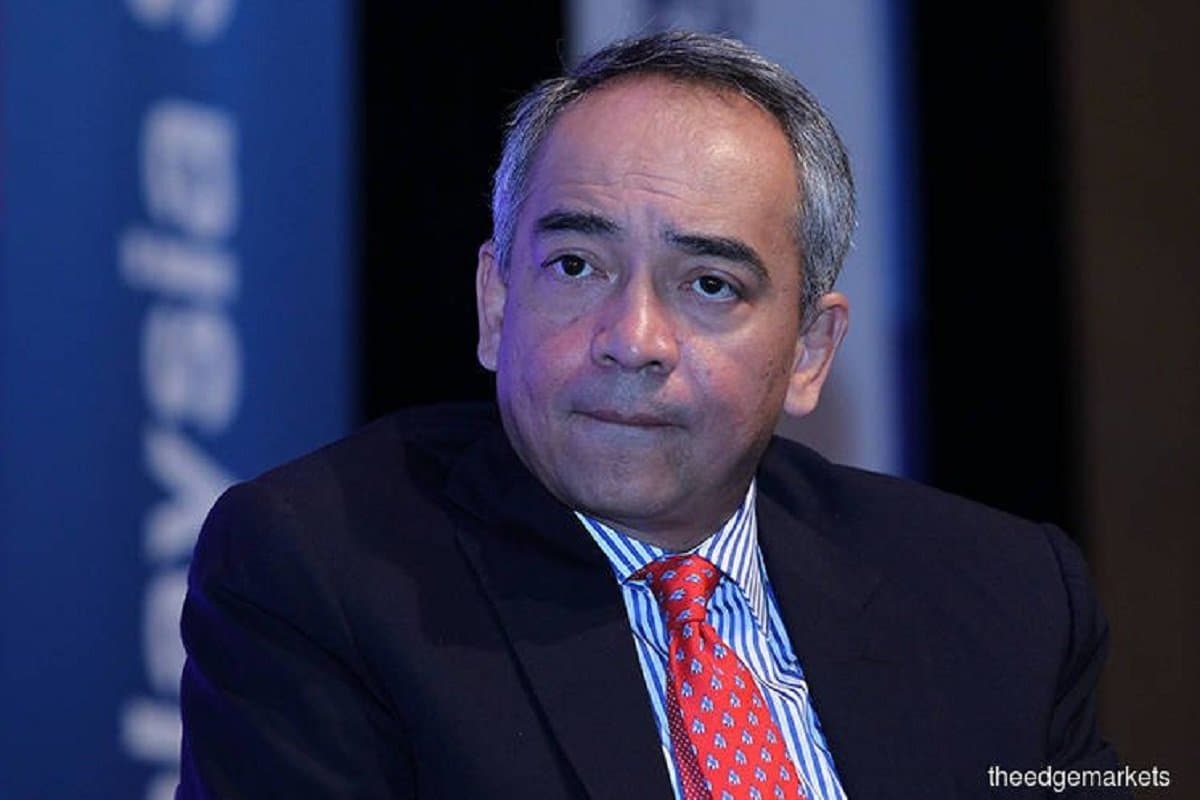
KUALA LUMPUR (Oct 3): Reform is needed to mitigate the fiscal burden of the ballooning subsidy bills on the government’s coffers, said Bank Pembangunan Malaysia Bhd chairman Tan Sri Nazir Razak.
Touching on the anticipated rise in subsidy bills to a record RM80 billion this year, Nazir said there is a serious problem with blanket subsidies practised by the Malaysian government.
“Firstly, in terms of subsidies, we have a serious problem because I think I’m getting subsidised on my petrol too. We must find a better way of subsidising because the bill is way too high,” he said during the Malaysian Institute of Certified Public Accountants (MICPA) 64th Anniversary Commemorative Lecture entitled “Towards a Better Malaysian Political Economy”.
While subsidies are “absolutely necessary”, Nazir pointed out that the government will be incapable of continuing with the subsidies in its current form for the long term.
The only solution for the government to fund the subsidy bills is to widen its tax base, he said. Malaysia has to “innovate” with its taxation and look beyond the goods and services tax (GST) or sales and services tax (SST), he added.
“I know it's controversial, people get very upset when I talk about the windfall tax, but this happens all over the world,” he said.
He gave an example of companies based in Malaysia that made huge profits because of the Covid-19 pandemic. "What is wrong with getting them to pay a higher tax bill?"
He added that it is very key to sort out the other side of the equation, in terms of the government’s funding to support the subsidy bills.
However, Nazir noted that raising taxes should not be done in isolation. The government should also find ways to build trust in how it spends the rakyat’s funds.
He pointed to Indonesia’s fiscal deficit ceiling of 3% which has been done “very successfully”. The absence of a spending cap will tempt “every government in power” to overspend, he added, citing the UK as an example.
The Malaysian government, which has set its sights on a 2022 fiscal deficit target of 6% of gross domestic product (GDP), will table the 2023 federal budget on Friday (Oct 7).
The Ministry of Finance in its pre-Budget 2023 statement said that targeted subsidies are better for the country’s fiscal balance and long-term growth, but has yet to set a deadline for their implementation.